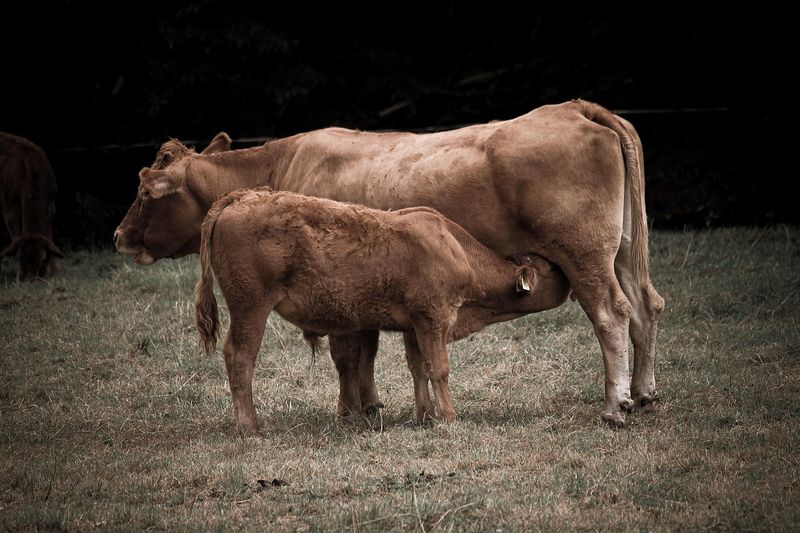
Animal Disease Surge in Croatia
ASF, Anthrax, and Bluetongue Raise Industry Concerns
Croatia is currently grappling with a trio of serious animal disease outbreaks — African Swine Fever (ASF), Anthrax, and, for the first time, Bluetongue virus serotype 8. These developments pose significant risks to livestock health, meat supply chains, and overall biosecurity.
African Swine Fever (ASF): Mass Culling and Protests
ASF has prompted mass culling of pigs in Baranja, particularly in Jagodnjak, where hundreds of animals have already been euthanized. Small producers have protested, citing unequal enforcement and a lack of support compared to large industrial farms. The Ministry has established restriction zones and suspended pig movement, with limited exemptions for high-biosecurity operations. Compensation is promised, but tensions remain high.
Anthrax (Bedrenica): 17 Confirmed Cases, Control Measures Tightened
Anthrax has resurfaced in inland Dalmatia, with 17 confirmed animal cases across multiple municipalities. Species affected include cattle, goats, sheep, and even wild deer. Over 60 samples have been collected, with dozens still under analysis. Several "anthrax districts" have been officially declared, triggering mandatory vaccination and movement restrictions. Authorities stress rapid reporting and strict hygiene protocols on affected farms.
Bluetongue (BTV-8): First Detection in Croatia
The Ministry of Agriculture confirmed the first-ever case of Bluetongue virus serotype 8 in cattle from Hrvace (Split-Dalmatia County). This vector-borne disease, transmitted by Culicoides midges, has already been spreading in nearby countries. While not transmissible between animals or to humans, BTV can still lead to significant trade and movement limitations. Preventive vaccination is permitted (though not mandatory), and producers are urged to enhance insect control measures.
Key Takeaways for Meat Professionals
Movement bans and restriction zones are now in place in several regions — compliance is critical to avoid penalties and further spread.
Biosecurity practices, including isolation of sick animals and insect control, are vital across all affected areas.
Timely reporting to veterinarians can help contain outbreaks early and secure eligibility for government compensation.
Export disruptions may follow, particularly for pork and beef products sourced from restricted zones.
This convergence of diseases — viral, bacterial, and vector-borne — underscores the need for heightened vigilance and coordinated response across Croatia’s meat and livestock sectors.
Source:
